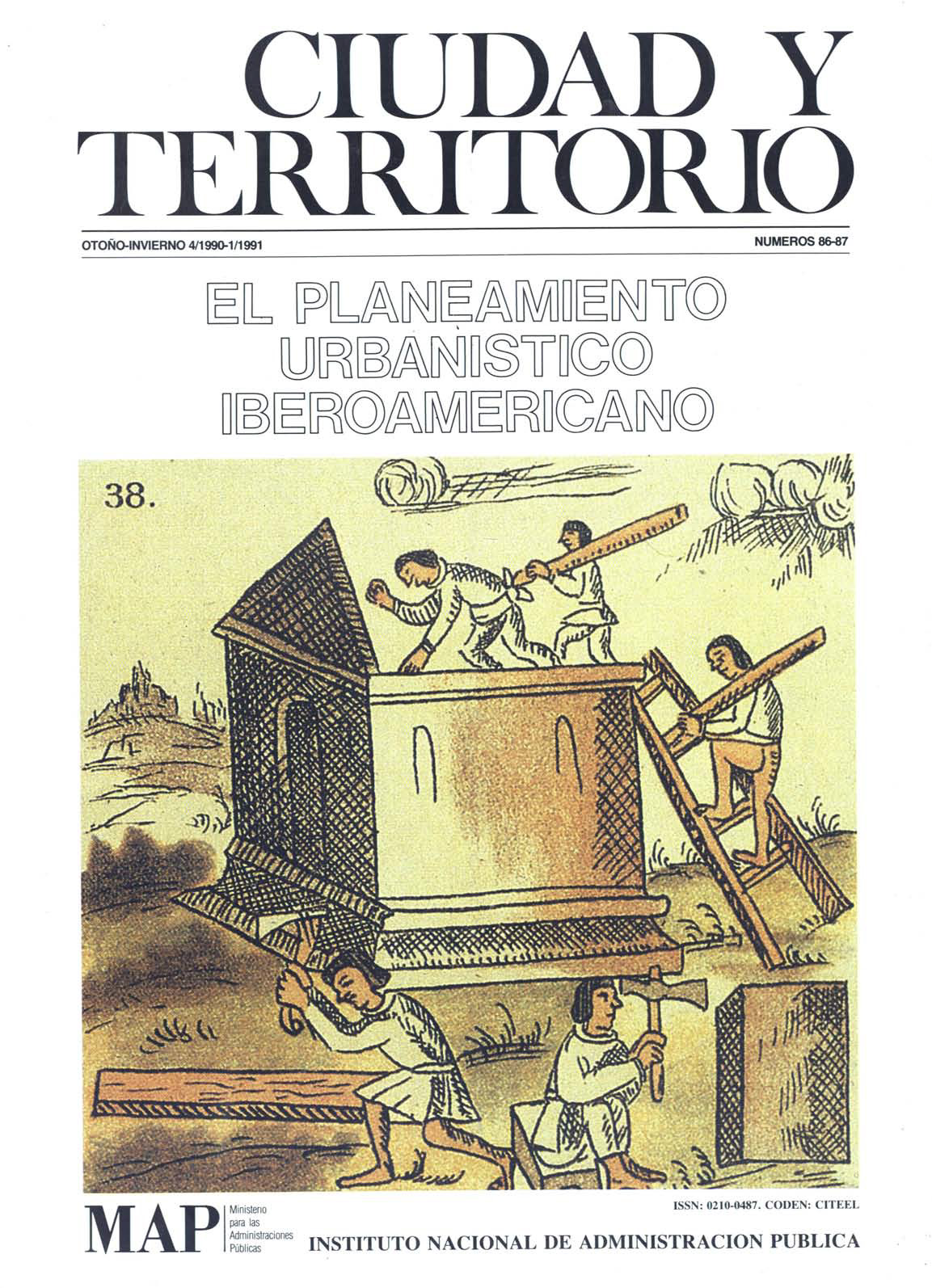Urban planning and municipal government: Bolivia
Abstract
The document attempts to provide an overview of certain elements that determine the processes of urban planning and management. The assumption is that the evolution of some of these elements is beyond the control of municipal planning instruments. This situation is illustrated on the case of the Municipal governments are deeply influenced by two legal instruments; the Municipal Lax of 1985 and the Tax reform ditto of 1986. In order to present the effect of these instruments a brief description of the urbanization process in Bolivia and the institutional set-up in which it takes place is given. As concluding remarks, the document suggests further action in overcoming purerly spacial and physical approaches to urban planning by their more realistic insertion in the overall national development process.
Downloads
Downloads
Published
How to Cite
Issue
Section
License
Copyright (c) 1991 Jorge Gavidia

This work is licensed under a Creative Commons Attribution-NonCommercial-NoDerivatives 4.0 International License.
Considering the provisions of the current legislation on Intellectual Property, and in accordance with them, all authors publishing in CyTET give -in a non-exclusive way and without time limit- to the Ministry of Transport, Mobility and Urban Agenda the rights to disseminate, reproduce, communicate and distribute in any current or future format, on paper or electronic, the original or derived version of their work under a Creative Commons Attribution-NonCommercial-NoDerivative 4.0 license International (CC BY-NC-ND 4.0), as well as to include or assign to third parties the inclusion of its content in national and international indexes, repositories and databases, with reference and recognition in any case of its authorship.
In addition, when sending the work, the author(s) declares that it is an original work in which the sources that have been used are recognized, committing to respect the scientific evidence, to no longer modify the original data and to verify or refute its hypothesis. Author(s) also declare that the essential content of the work has not been previously published nor will it be published in any other publication while it is under evaluation by CyTET; and that it has not been simultaneously sent to another journal.
Authors must sign a Transfer of Rights Form, which will be sent to them from the CyTET Secretariat once the article is accepted for publication.
With the aim of promoting the dissemination of knowledge, CyTET joins the Open Journal Access (OA) movement and delivers all of its content to various national and international indexes, repositories and databases under this protocol; therefore, the submission of a work to be published in the journal presupposes the explicit acceptance by the author of this distribution method.
Authors are encouraged to reproduce and host their work published in CyTET in institutional repositories, web pages, etc. with the intention of contributing to the improvement of the transfer of knowledge and the citation of said works.








 Enlace a CyTET en Linkedin
Enlace a CyTET en Linkedin